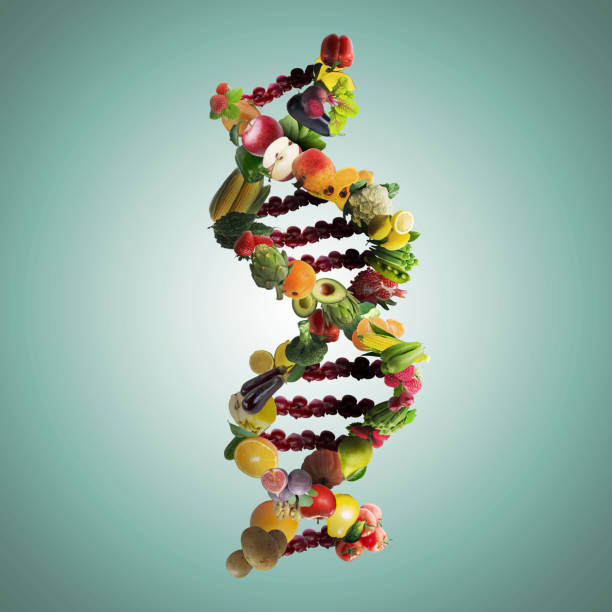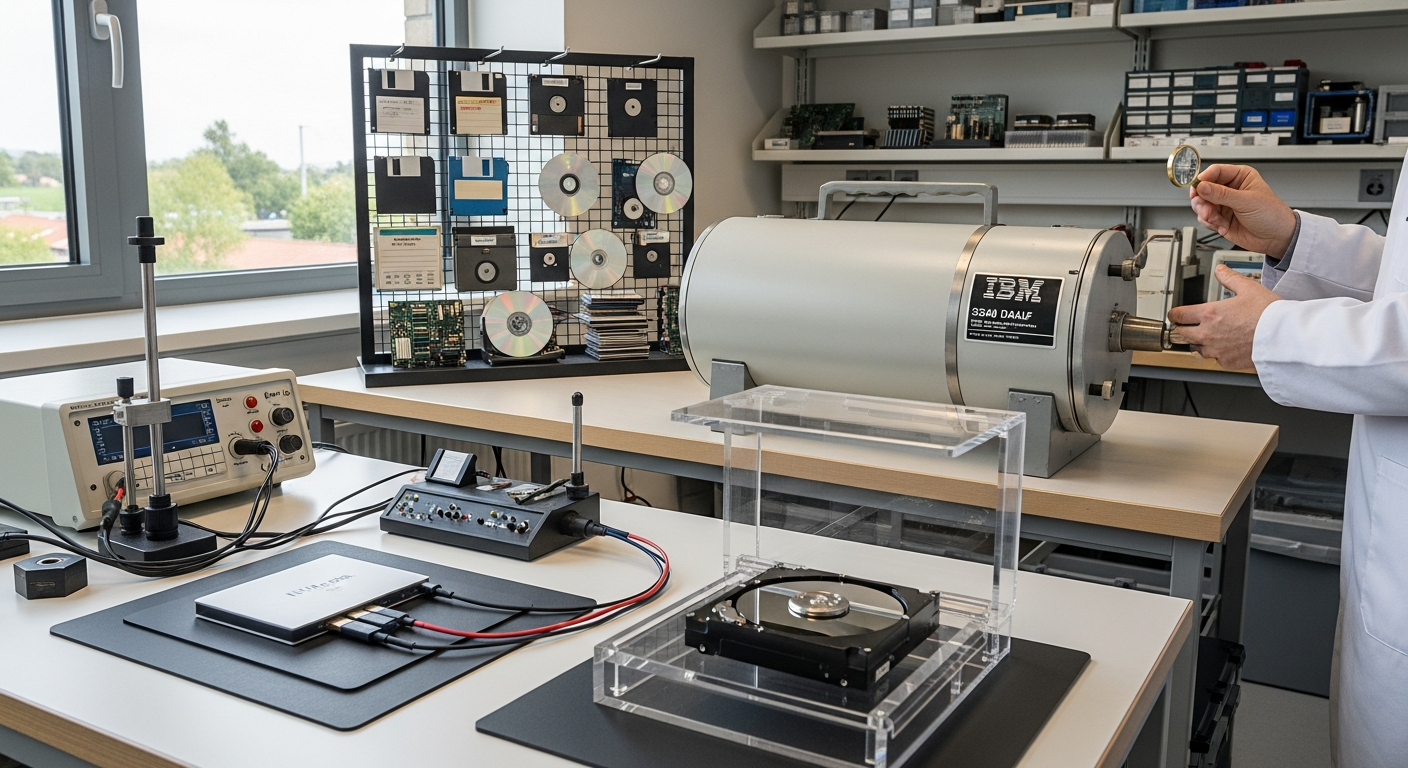Pioneering the Path: The Role of Genetics in Personalized Nutrition
Our dietary choices have always been driven by general health guidelines, personal beliefs, and sometimes, the latest diet fads. But have you ever considered that your genes could hold the key to your optimal diet? Welcome to the fascinating world of nutrigenomics: the science that studies the relationship between our genes, nutrition, and health.

Nutrigenomics: A New Dimension in Nutrition Science
Nutrigenomics, a term derived from nutrition and genomics, is a relatively new field of science that investigates how our genetic makeup influences our response to nutrients. This discipline stems from the Human Genome Project, a massive scientific endeavor completed in 2003 that mapped all the genes in the human body. The insights gained from this project have since paved the way for personalized medicine, including the potential for tailored dietary advice based on our genetic profiles.
Decoding the DNA Diet: The Science Behind Nutrigenomics
In the complex world of genetics, every person carries a unique set of genes. Some of these genes define physical traits like eye color or height, while others influence how we metabolize certain nutrients. For instance, some people may possess a gene variant that makes them more susceptible to weight gain when they consume high amounts of saturated fats. Others may have a genetic predisposition to absorb less calcium or vitamin D, making them prone to bone diseases. By understanding these genetic variations, experts can provide personalized dietary advice aimed at preventing or managing health conditions.
Nutrigenomic Testing: A Step Towards Personalized Nutrition
Nutrigenomic testing, often conducted through saliva or blood samples, offers a detailed assessment of an individual’s genetic makeup. This information is then used to formulate dietary recommendations tailored to the individual’s genetic profile. For example, if a person has a genetic predisposition to high cholesterol levels, a low-fat, high-fiber diet may be recommended. While these tests are increasingly available, it’s important to remember that they should be used as part of a comprehensive approach to health that considers other lifestyle factors like physical activity, stress levels, and sleep habits.
The Promise and Pitfalls of Nutrigenomics
Nutrigenomics holds great promise for future health management. Personalized nutrition could help prevent or better manage chronic diseases like obesity, diabetes, and heart disease. It could also provide valuable insights for athletes seeking to optimize their performance through diet. However, it’s also essential to remember that our genes are not our destiny. Lifestyle factors, environmental influences, and even our gut microbiome can significantly impact our health. Moreover, nutrigenomics is still a young field, and more research is needed to fully understand its potential and limitations.
Fascinating Facts About Nutrigenomics
- Nutrigenomics combines the study of bioinformatics, nutrition, genomics, and epidemiology to understand how food influences gene expression.
- The field of nutrigenomics was first proposed in 2001, a mere two years before the Human Genome Project was completed.
- Currently, there is no universal regulatory framework for nutrigenomic testing, which has given rise to concerns about the validity and interpretation of these tests.
In conclusion, nutrigenomics offers a fascinating glimpse into the future of personalized nutrition. While we are only beginning to scratch the surface of this complex field, it holds significant potential for shaping healthier, more effective dietary strategies. However, it’s crucial to remember that our health is influenced by a multitude of factors, and nutrigenomics is just one piece of the puzzle. As we continue to delve deeper into the world of nutrigenomics, we may well be on the brink of a new era in nutrition science—one that is tailored to our unique genetic makeup.





